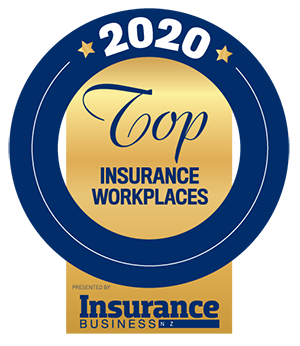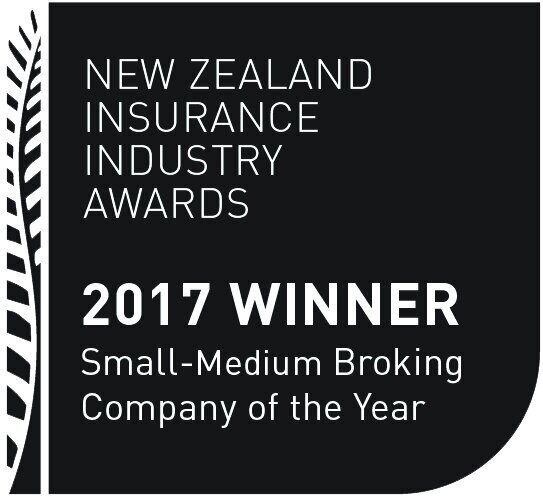Businesses are always looking for a “point of difference”, something they can hang their hat on that makes them stand out from the hordes of competitors all vying for the same slice of the pie.
True market differentiation is hard to find, and sales talk can often simply pay lip service to ideals. That’s why when Rene Swindley and Andrew Newman left Crombie Lockwood in 2008 to set up their own shop with Frank Risk Management, they did so with the promise to be different, and to be able to prove it.
Almost 10 years later, what started out as an ambitious “garage project” in Hamilton is now a successful business with clients all over New Zealand. Last year, they won the NZ Small/Medium Broker of the Year at the annual ANZIIF awards, which validated their "transparent remuneration" structure.
Swindley said transparency and supporting the client is at the core of what Frank does.
“Frank Risk Management was created out of a desire to provide full disclosure insurance – no hidden income,” he explained. Frank doesn’t charge commission and brokers don’t have sales targets, meaning the client benefits from a “team-focused approach.”
“We set about doing things differently,” he said. “We didn’t want to be just-another-broking-house. We didn’t want to focus on sales over advice. We wanted to provide support and get claims moving quickly.”
Swindley said Frank is built on transparency, “our clients see what we earn.”
“We offer good value advice for a disclosed fee, and our clients see that fee,” he said. “We are completely upfront about our fees and why we charge them.”
After identifying a gap in the market, Swindley thought like-minded brokerages would race to offer a “no hidden fees structure.” However, that’s not been the case, he said.
“Nothing has changed in 10 years. There is still self-interest in the industry and this will continue until regulation forces change. We will get there eventually. The trend, eventually, will be more client focused.”
Last week, Swindley was invited to be a panelist at an ANZIIF conference on customer experience. The panel discussed how technology is changing and challenging how advice can be given (whether via a person or robot) and how technology can add value to the customer and the customer experience. Other panelist included Joanne Davis-Calvert of the Financial Markets Authority (FMA), Brenton Charnley, co-founder of Insurtech Australia, Craig Kirk, GM of Delta Insurance and John Lyon, CEO of Ando.
A proposal before the FMA, which submissions have now closed on, regarding the introduction of robo-advice was a key topic at the conference. If enforced, the FMA would use its exemption powers to leapfrog the proposed changes to the Financial Advisers Act, due for review in 2019. It would mean that advisers could provide online advice to their clients via a robot, an algorithm.
The exemption will enable advisers to provide personalised financial advice through a digital channel before the 2019 law reform. The FMA says this will facilitate greater access to advice for consumers while providing consumer protection safeguards. If granted, the exemption would be enforced towards the end of the year.
Swindley said that while there had been negative chatter in the industry about whether robo-advice could ultimately replace advisers, he didn’t think that would happen, and it would improve the customer experience because customers want consistent and easy to access advice.
“At times it will make the process easier,” he said. “It will be quicker and cheaper.
“A robot can, in many circumstances, provide better and more accurate advice than a human. But there will always be a need for relationships and personalised advice, especially for complex businesses with variables such as overseas activities, or where there are various parties involved, these clients will need to speak to a broker [human].”







